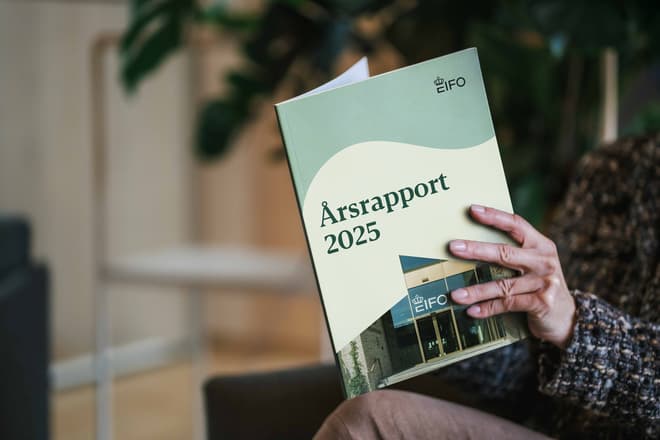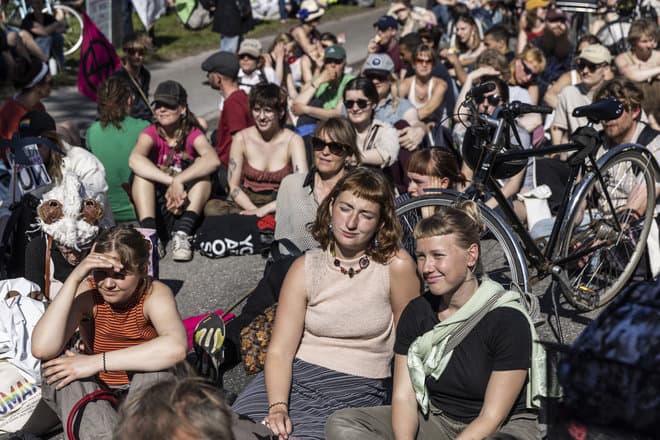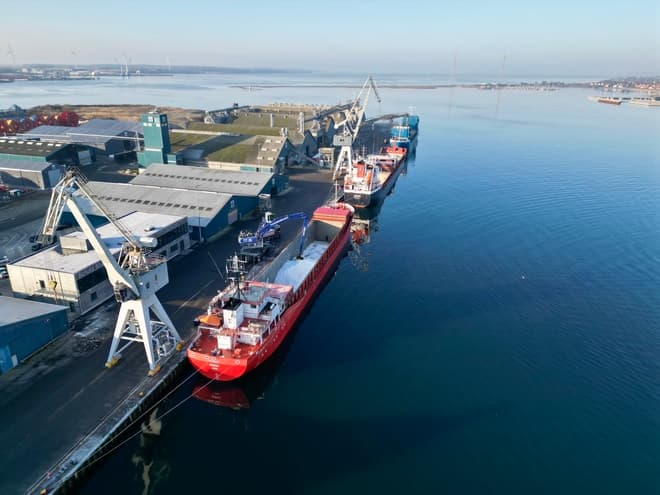Oil, electricity and gas prices are skyrocketing, and that doesn't just make it more expensive to heat your house or fill up your car. It's hitting the Danish economy broadly and could cost 5,300 jobs this year, according to a new analysis. This is reported by Fagbladet 3F.
The Danish Labour Movement's Business Council, AE, is behind the analysis, which was launched last year in October. The conclusion at the time was that the higher energy prices, seen in isolation, could cost almost 3,900 jobs in 2022 and shave DKK 14 billion off the economy. of the country's production.
Senior analyst at AE Sofie Holme Andersen has done the analysis, and on January 17, 2022, she updated it with the latest figures, which are from November 2021. It has gone from bad to worse in just a few months.
The October analysis is based on the fact that the prices of companies' imports of energy - crude oil, coal, coke, as well as electricity and gas - have increased by 75 percent from 2020 to August 2021.
In the updated November figures, the prices of companies' imports of energy have increased by 125 percent. This means that the number of unemployed people is growing to 5,300, and 17 billion DKK is being shaved off the country's production.
- Prices have increased massively, and more than we had feared. I expect a further increase in December, based on the graphs I have already seen, says Sofie Holme Andersen.
Price increases are widespread
She points out that the decline does not only affect production, but is widespread, as everyone needs electricity.
- For example, it also affects the hotel and restaurant industry, when people have less money available because energy prices are rising. It is often skilled and unskilled workers who are affected first, as many of the industries employ both groups, she says.
She states that the analysis is based on a model for the Danish economy, ADAM, which shows what happens in the Danish economy when energy prices rise. It has then been looked at how it affects the Danish economy if it continues for a year. Sofie Holme Andersen explains that the mechanisms are such that when import prices for energy rise, companies' costs of producing will increase. This means rising sales prices, which will result in lower sales.
- The lower sales will mean that companies will lay off people, as they will not have to produce as much. This will reduce employment and increase unemployment. This will cause demand to fall further, as consumer income falls, she explains.
Hardly hit
One of the big energy guzzlers is Jernstøberiet Vald. Birn A/S, which has a foundry in Holstebro and is Northern Europe's largest cast iron group with 650 employees.
Here, the red-hot energy prices mean that the prices of the products have increased.
Birn's director, Jens Axel Birn, emphasizes that the increases in electricity are absolutely crazy, and he has not seen anything like it in the 17 years he has been involved.
- There is no doubt that the increases have hit us hard. We are trying to pass on the rising electricity prices to customers with more expensive products. But that could affect us and distort competition compared to production in other countries where energy is cheaper, he says.
He says that if customers back out, it could affect production and cost jobs in the long term.
- But that's not what's on the table right now, says Jens Axel Birn, who hopes that energy prices will start to fall in the second quarter of this year.
amp
Text, graphics, images, sound, and other content on this website are protected under copyright law. DK Medier reserves all rights to the content, including the right to exploit the content for the purpose of text and data mining, cf. Section 11b of the Copyright Act and Article 4 of the DSM Directive.
Customers with IP agreements/major customer agreements may only share Danish Offshore Industry articles internally for the purpose of handling specific cases. Sharing in connection with specific cases refers to journaling, archiving, or similar uses.
Customers with a personal subscription/login may not share Danish Offshore Industry articles with individuals who do not themselves have a personal subscription to Danish Offshore Industry.
Any deviation from the above requires written consent from DK Medier.


























